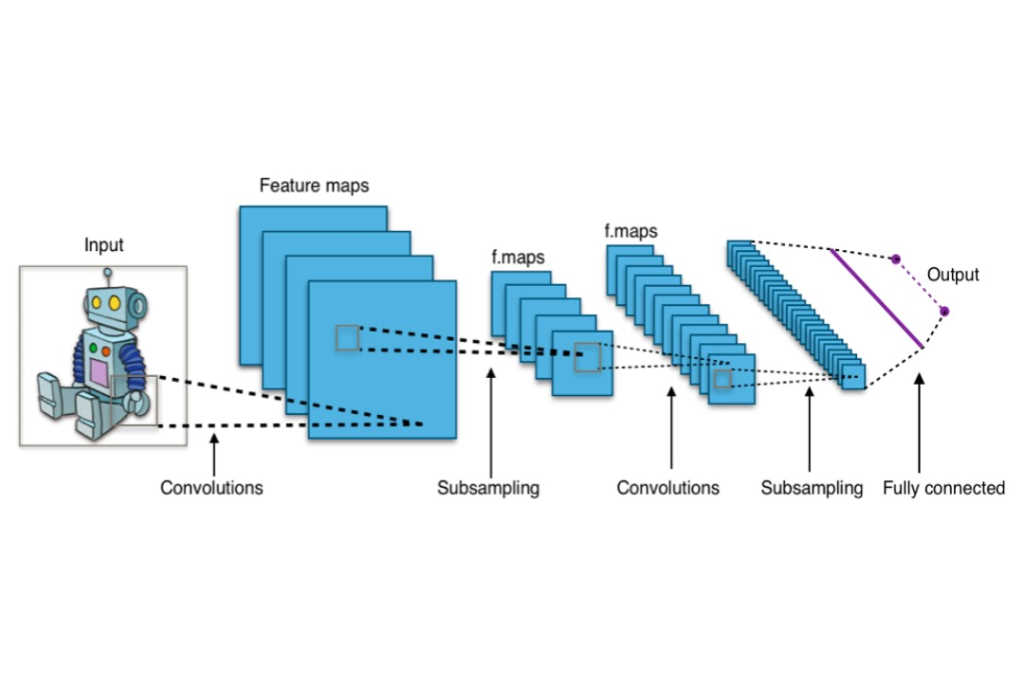AMD-grading AI boost
A New Zealand-developed artificial intelligence (AI) system has been shown to grade advanced age-related macular degeneration (AMD) from retinal images with more than 80% accuracy.
Led by Auckland’s Dr Ehsan Vaghefi, researchers from the University of Auckland and the Institute of Ophthalmology, University College London, evaluated the capacity of convolutional neural networks (CNNs), a deep-learning field of AI which analyses imagery, to detect and stratify progressive AMD risk. The CNNs graded 118,254 images (representing 4,591 patients) according to the Age-Related Eye Disease Study (AREDS) simplified five-level risk severity score with an accuracy of 80.43%. When assessed against a simplified low/high risk classification, the CNNs’ grading accuracy increased to 98.08%, with a sensitivity of ≥85% and specificity of ≥ 99%.
The researchers concluded the ensemble of CNNs could be used as a screening tool with the potential to significantly improve health outcomes by identifying asymptomatic individuals who would benefit from AREDS2 dietary supplements.
For more, see www.nzoptics.co.nz/articles/archive/namd-research-update
























